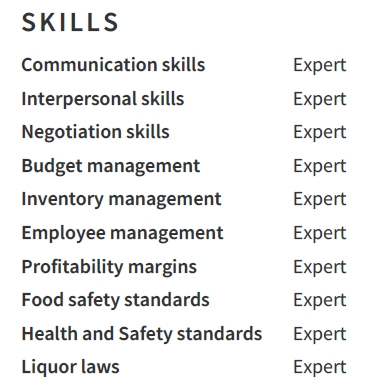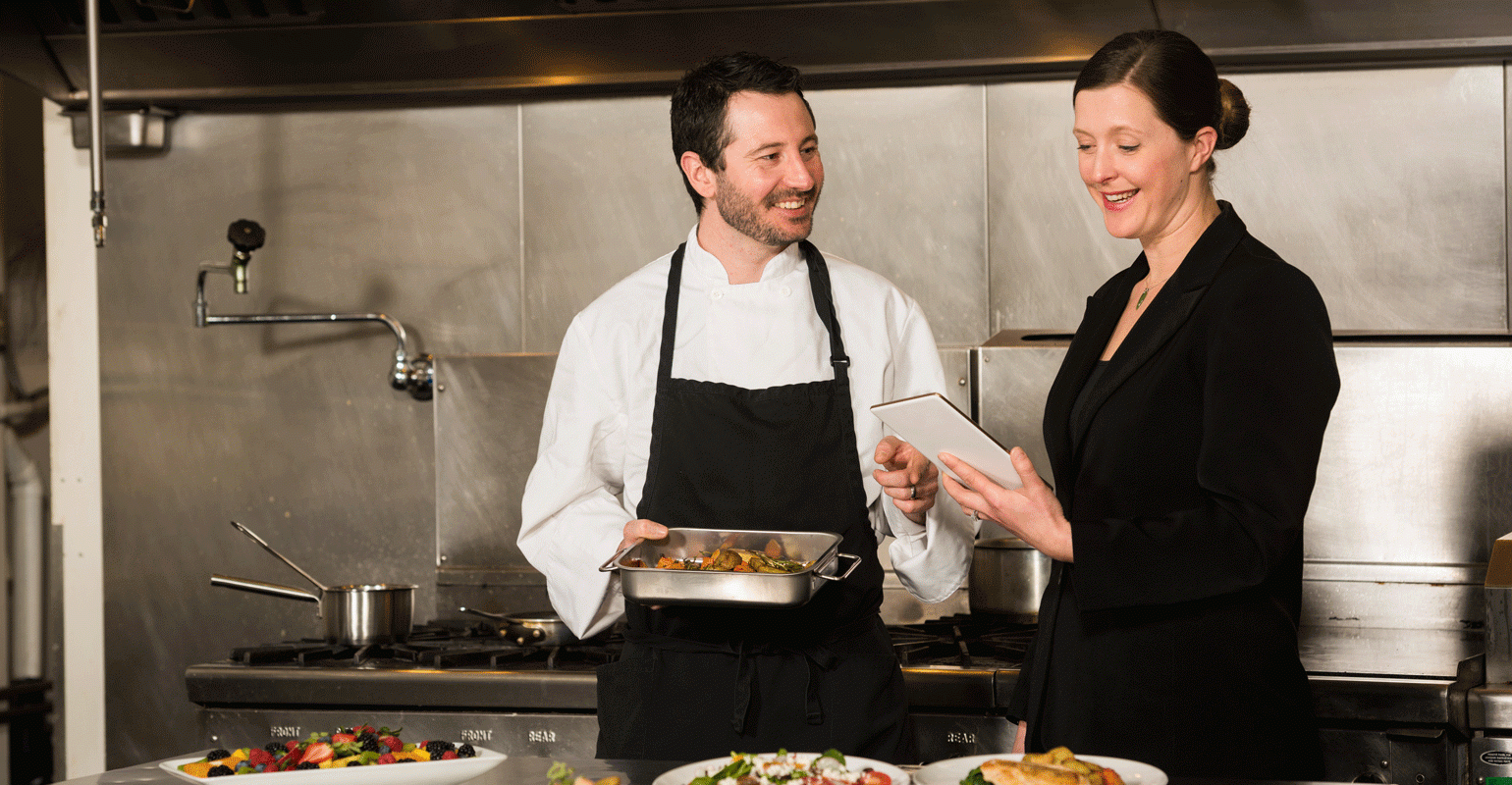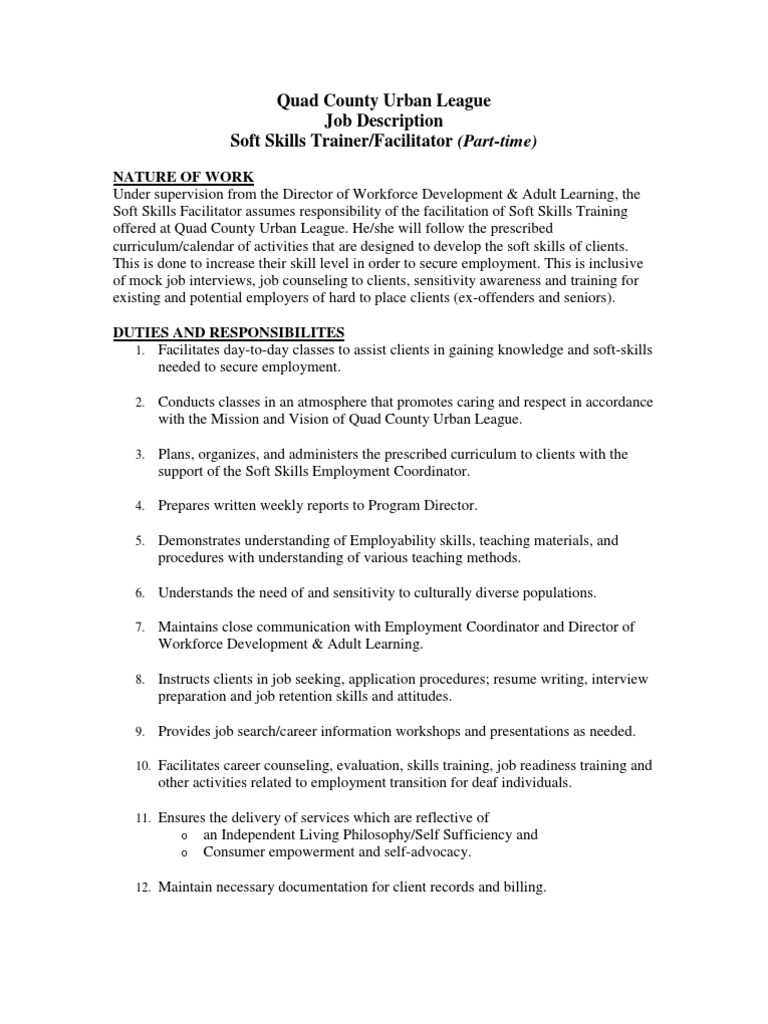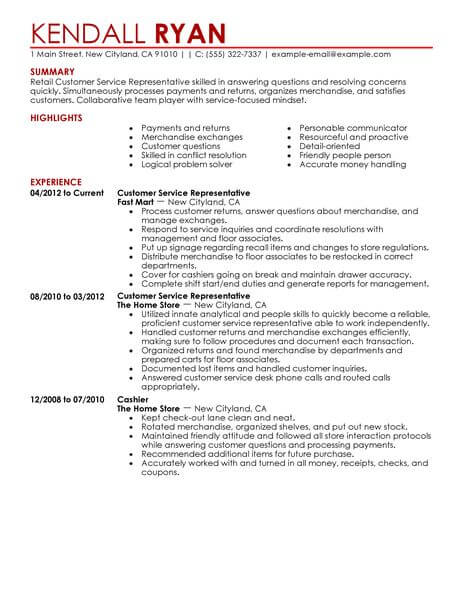What makes a good restaurant manager restaurant manager skills list
Table of Contents
Table of Contents
As a restaurant manager, your skills are essential for the success of the establishment. With the ever-growing competition in the industry, it’s crucial to have a set of skills that sets you apart from others. In this article, we will discuss the essential skills of a restaurant manager and how they contribute to the success of a restaurant.
Pain Points of Being a Restaurant Manager
Running a successful restaurant comes with its share of challenges. As a restaurant manager, it can be stressful to manage a team, handle customer complaints, keep track of inventory, and deal with financial aspects. It’s also tough to stay up-to-date with trends and changes in the industry while ensuring that the restaurant delivers the best possible experience to guests.
Skills of a Restaurant Manager
The skills of a restaurant manager are diverse, and there are a few key ones that should be considered essential. Firstly, great communication skills are vital in any leadership position, especially one that involves managing a team. A restaurant manager also needs to possess excellent problem-solving skills, sound decision-making abilities, and be flexible and adaptable to change. Organizational and financial skills, including inventory management, budgeting, and cost control, are also critical to ensure the smooth running of the restaurant.
Main Points to Remember
As a restaurant manager, there is a lot to keep in mind to run a successful restaurant. Strong communication, problem-solving, and decision-making skills are essential in a leadership role. Organizational and financial skills are vital to ensure the restaurant runs smoothly. It’s imperative to stay up-to-date with industry trends, keep an eye on inventory, and manage finances effectively.
Importance of Communication Skills
Excellent communication skills are essential for any restaurant manager. Being able to communicate clearly and effectively with team members, vendors, and customers is vital. Having these skills helps avoid misunderstandings, conflicts, and miscommunication, leading to a better customer experience overall. An effective restaurant manager needs to be able to read body language, listen actively, and communicate clearly.
For example, I once had a customer who had a severe allergy to peanuts. When I communicated this to the kitchen staff, they ensured that all possible precautions were taken, and the meal was prepared without any risk of contamination. The customer was impressed with our attention to detail and the level of care taken, which ultimately led to a positive experience for them and their family.
The Need for Flexibility and Adaptability
Flexibility and adaptability are highly desirable skills for any restaurant manager. With the dynamic nature of the restaurant industry, change is inevitable. Managers who can adapt and stay flexible can ensure seamless operations and can make quick decisions to respond to unforeseen situations.
For instance, there was once a delivery delay that caused the stock to arrive late at the restaurant. This delay could have led to the restaurant’s entire shutdown for lunch, which would have been disastrous. However, due to having a flexible team capable of adapting to change, the issue was resolved, and the restaurant continued to run smoothly.
Inventory Management and Cost Control
Inventory management and cost control are essential to efficiently run a restaurant. Effective inventory management requires the manager to keep track of stock levels, utilize the inventory control system efficiently, analyze usage patterns, and forecast future needs. Managing costs involves monitoring profitability, tracking expenses, and controlling labor costs.
For example, I was once informed that we needed to cut down on the cost of our food without compromising quality. Using my inventory management and financial skills, I discovered that our portions were too big and that there was a lot of wastage happening. By adjusting our portion sizes and re-evaluating the food preparation process, we were able to cut down on costs without compromising the quality of our dishes.
Work-Life Balance
It’s essential for any restaurant manager to maintain a work-life balance. It’s common for restaurant managers to work long hours, including weekends and holidays. However, it’s crucial to take time off to recharge and spend time with family and friends.
For instance, I always make sure to take a day off every week to keep myself refreshed and relaxed. This helps me be present and focused when I am at work, leading to better decision-making and a better experience for both customers and employees.
Question and Answer
Q: What are some common challenges faced by restaurant managers?
A: Common challenges faced by restaurant managers include ensuring excellent customer service, managing inventory and costs, dealing with employee conflicts and burnout, staying on top of industry trends, and managing schedules.
Q: How can a restaurant manager motivate their team?
A: A restaurant manager can motivate their team by setting clear goals and expectations, providing regular feedback, rewarding outstanding performance, offering growth opportunities, and leading by example.
Q: How important is customer service for a restaurant manager?
A: Customer service is critical for restaurant managers as it directly impacts customer satisfaction and loyalty. A good restaurant manager should be able to train their team to provide excellent customer service, handle customer complaints efficiently, and maintain a joyful and positive atmosphere in the restaurant.
Q: How can restaurant managers keep up with industry trends?
A: Restaurant managers can keep up with industry trends by attending industry conferences, conducting market research, following industry publications and blogs, networking with other restaurant managers, and seeking feedback from customers.
Conclusion of Skills of a Restaurant Manager
Being a successful restaurant manager relies on a combination of skills, including strong communication and problem-solving abilities, being flexible and adaptable to change, and having financial and organizational skills. The ability to motivate team members, maintain excellent customer service, and stay up-to-date with industry trends is also essential. While managing a restaurant comes with its challenges, the payoff is a satisfying and rewarding career.
Gallery
What Makes A Good Restaurant Manager?[Restaurant Manager Skills List]
![What Makes a Good Restaurant Manager?[Restaurant Manager Skills List] What Makes a Good Restaurant Manager?[Restaurant Manager Skills List]](https://www.bottleneckmgmt.com/wp-content/uploads/2018/09/Restaurant-Manager-Jeremy-B-900-600.jpg)
Photo Credit by: bing.com / restaurant manager skills list makes good fixes signs quick could advice industry
Walk In Interview For Restaurant Manager - Jobbuzo

Photo Credit by: bing.com / manager restaurant interview walk contact
Hiring A Restaurant Manager: What Skills To Look For - Lightspeed

Photo Credit by: bing.com / manager restaurant hiring skills look helps tone right set
Restaurant Manager Resume Example & Writing Tips For 2022 - CVmaker.com

Photo Credit by: bing.com /
5 Skills Restaurant Managers Must Master By 2024 | Nation’s Restaurant News

Photo Credit by: bing.com / managers





